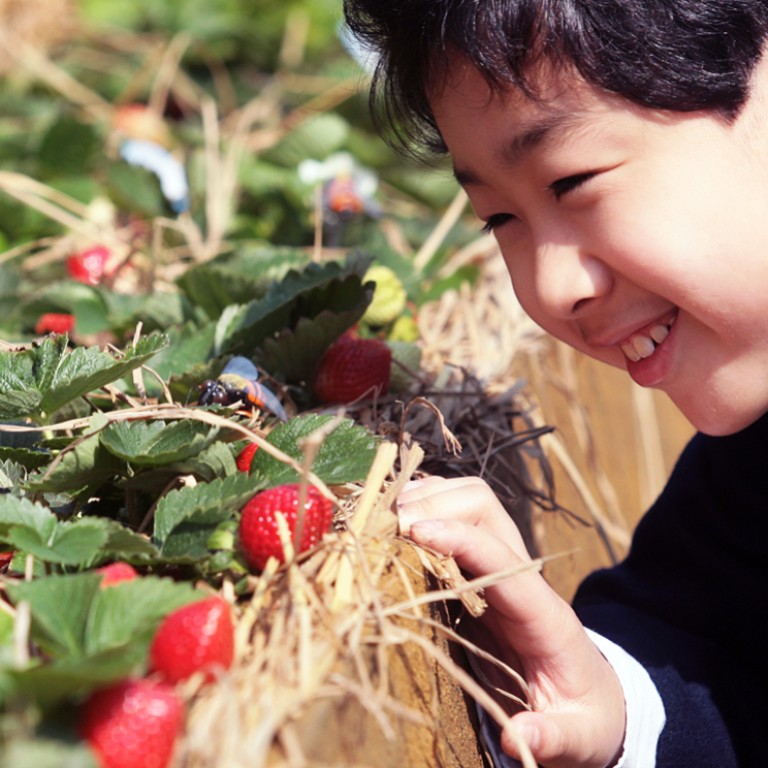
Hong Kong's first agricultural park calls for people 'serious about farming'
Agricultural park will seek to increase amount of home-grown produce
Up to 80 tenants serious about farming will be selected to join Hong Kong's first agricultural park under a new policy to revive home-grown produce in the city.
The proposal to use 70 to 80 hectares of private farmland for the park will provide farmers with land, infrastructure and scientific know-how to improve productivity. Secretary for Food and Health Dr Ko Wing-man said that support services could also be extended to the 2,400 existing farms in the city.
"Capability and knowledge as well as attitude should count because we cannot ask for all those potential farmers to be highly educated … We can provide training and education," Ko told the .
Applicants have to submit plans for a vetting process. While detailed selection criteria has yet to be drawn up, Ko said they would look for those "who are serious about being a farmer".
Agriculture has been declining in Hong Kong over the past 20 years, with the farming workforce halving - from 8,900 to 4,400 - between 1995 and 2013, and the total area of cultivated land dwindling from 2,070 hectares to 729 hectares over the same period.
Drawing experience from other urbanised economies, such as Singapore and Greater London, Ko said: "Although farming may not be the most important component of our economy, it is part of the multiplicity of our economic activities."
Ko said he hoped the park could provide farmers with renewable leases on at least five-year terms, adding that the concentration of farms would enable the government to provide infrastructure including electricity, water and transport facilities.
The consultation paper also proposed establishing a fund to encourage scientific research to increase farm productivity. Addressing concerns that the plan would suffocate traditional farming, the minister stressed the park was "not really high technology". "I don't see any … conflict between traditional and modern agriculture," he said. "There are always ways to complement traditional farming with new techniques."
Ko said a unit of one hectare would be the minimum size of a farm for "reasonable production". Given the intended area of the park, that would translate into a maximum of 80 tenants.
Watch: Far from the confines of Hong Kong, farming offers a freeing respite for one young man
Becky Au Hei-man, a co-founder of Mapopo Community Farm, which is facing eviction because of the government's plan to build a new town in Fanling North, did not believe the park would help to preserve farmland.
"Does an agricultural park mean farmland outside of it can be destroyed?" she asked. Official data shows 3,794 hectares of agricultural land is fallow, with just 729 hectares actively farmed.
Jonathon Wong Woon-chung, director of the Hong Kong Organic Resources Centre, urged the government to set a target for local vegetable production.
He said the city would need to produce about 170 tonnes of vegetables a day if the target was set at 10 per cent of the current consumption rate, adding that it would also increase public confidence in food safety.


